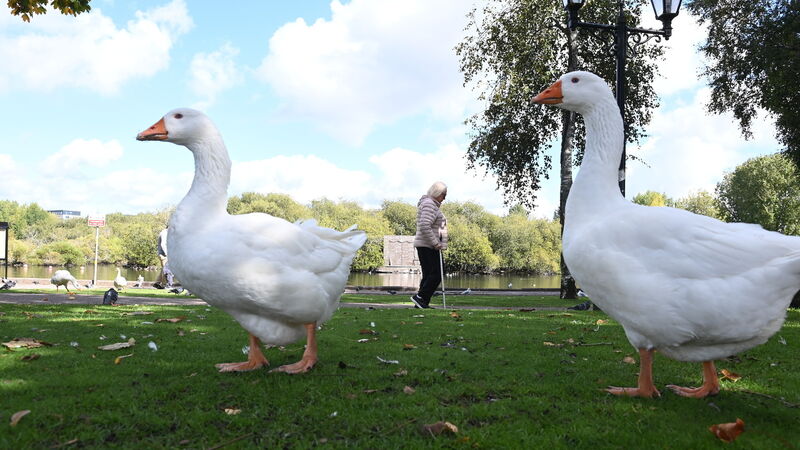ieExplains: Bird flu — symptoms, risks, and what to do if you find a dead bird

The Lough in Cork City: Mallard ducks have died from avian flu in recent days. Picture: Larry Cummins
Avian flu is a contagious disease that affects birds. While all species are susceptible, the disease is particularly devastating among domestic poultry, where it can reach epidemic levels and cause high mortality rates.













